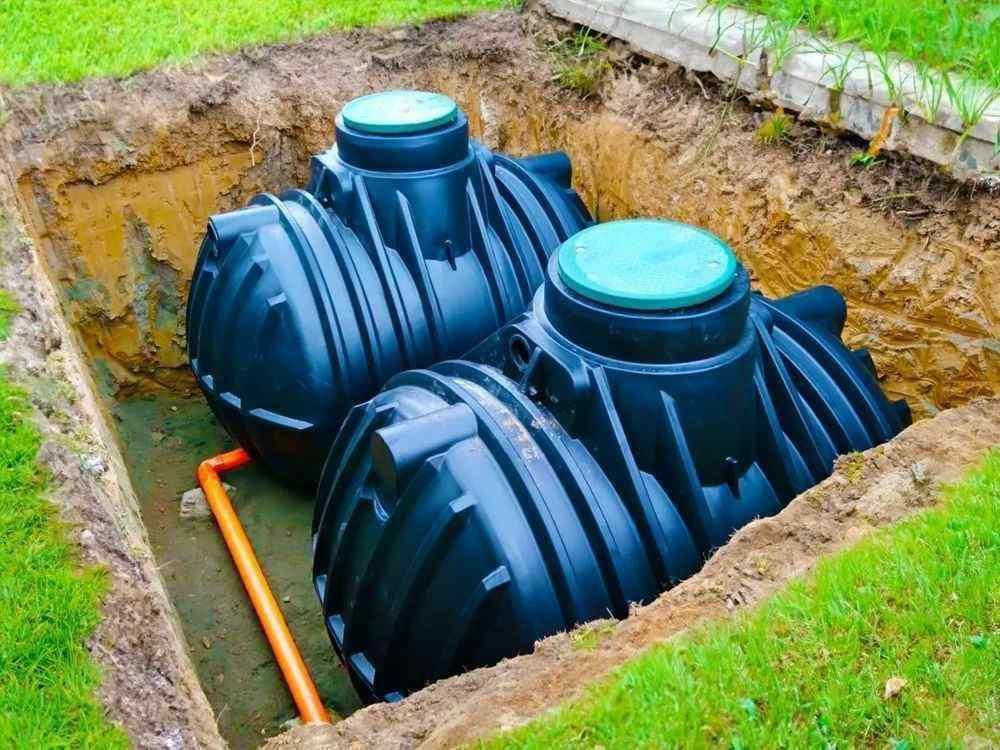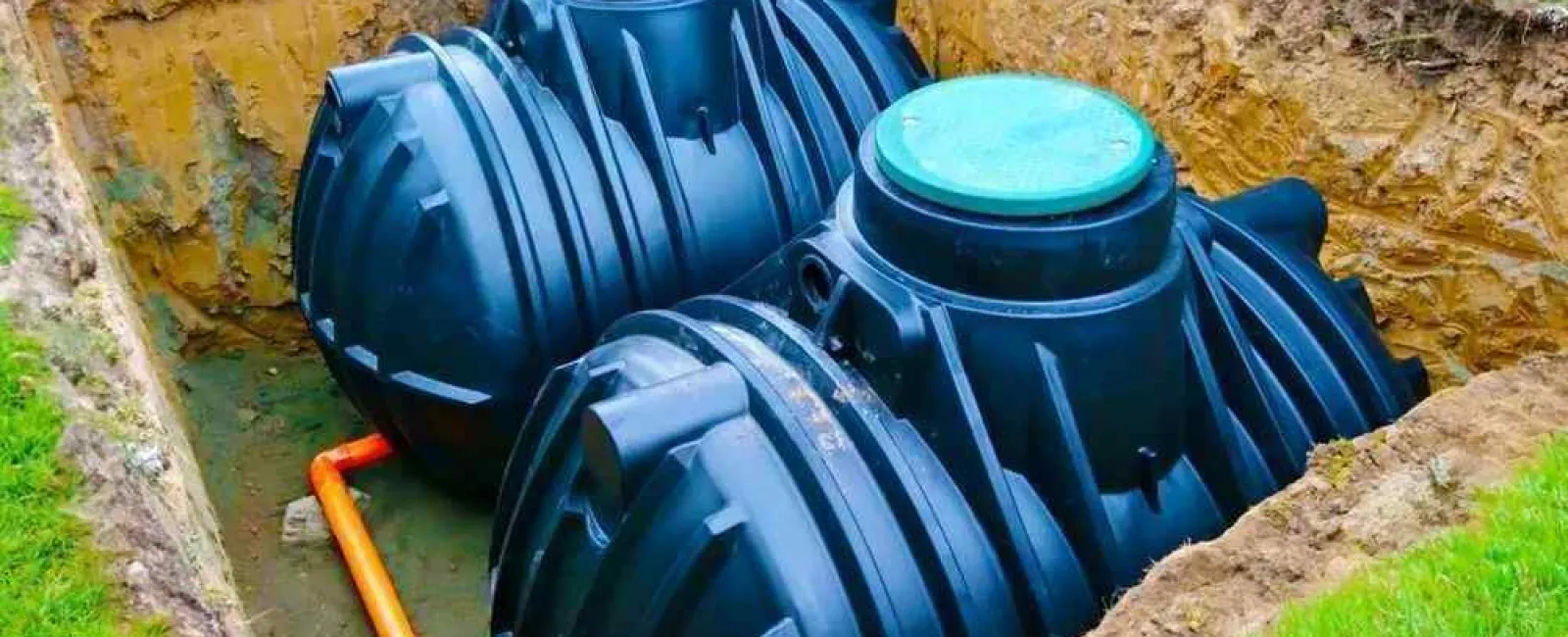When installing a house septic tank, making the right choice is crucial for ensuring the efficiency and longevity of your system. With several types of septic systems available, homeowners might find the selection process a bit daunting. However, understanding the key factors that influence each system's suitability can simplify the decision. Here, we'll guide you through these factors to help you choose the best septic system for your home.

- Size of Property: The size of your property plays an important role in determining which types of septic systems are suitable. Conventional septic systems, one of the most common choices, require sufficient space for a septic tank and a drain field. The drain field needs an unobstructed, permeable area where water can be released without affecting neighboring properties or water sources.
- Type of Soil: Another fundamental factor is the type of soil on your property. The soil's absorption rate affects the efficiency of the drain field in treating wastewater. Sandy soil, for example, drains very quickly and is ideal for conventional systems. On the other hand, clay soil drains poorly and may require a more advanced system, like a MoDad septic system, which is designed to treat wastewater in environments where traditional systems might not perform well.
- Size of Household: The size of your household and the average daily wastewater generation are essential considerations. These will determine the capacity of the house septic tank you will need. Generally, the more people in your household, the larger the tank is required to process and treat wastewater effectively without frequent maintenance.
Understand Different System Types
Familiarizing with the types of septic systems available can greatly influence your decision. Besides conventional septic systems, alternative systems like the MoDad septic system, aerobic treatment systems, and sand filter systems exist. Each type has advantages and is suited to different environmental conditions and regulatory requirements.
- Conventional Septic Systems: Ideal for rural homes with enough land to accommodate a larger drain field, these systems also benefit from easier accessibility for maintenance and inspections. These are typically less expensive and easier to install but require the right soil type and significant space.
- MoDad Septic Systems: Often more energy-efficient than other complex systems, MoDad's are excellent for reducing environmental impact while handling larger volumes of waste in less ideal conditions. These systems include a mechanism to aerate the wastewater, which helps to break down solids more efficiently and is perfect for areas with high water tables or poor soil conditions.
- Aerobic Treatment Systems: Similar to MoDad septic systems, they often require electrical components to aid the aeration process, making them more complex. These systems are particularly effective in treating wastewater to a higher standard, making them suitable for properties close to sensitive environmental areas such as lakes or streams.
- Sand Filter Systems: These use a bed of sand to filter out impurities from the effluent before it is dispersed into the soil. They are useful in areas where the soil absorption is inadequate. In addition to improving filtration, sand filters are versatile and can be used as a retrofit solution for existing septic systems that are failing due to inadequate soil conditions.
Before deciding on a septic system, checking local regulations is vital. Different areas have specific codes concerning septic system installation, including the types of systems allowed, mandatory inspections, and maintenance requirements. Compliance with these regulations assures legal adherence while optimizing system efficiency and safety.
Long-Term Maintenance and Cost
Consider not only the upfront cost of installing a septic system but also the long-term maintenance requirements and expenses. Systems like aerobic and MoDad septic systems have higher initial costs and more complex maintenance needs but often offer better long-term performance in challenging environments.
Choosing the right septic system is a significant decision that benefits from professional advice. Consulting with septic system experts who understand local conditions and regulations can provide insights and recommendations tailored to your needs.
By considering these factors, you can select a septic system that is efficient, compliant, and suitable for your home environment. Remember, the right system will provide dependable service for many years, minimizing environmental impact and saving you from potential headaches and costly repairs.
If you're considering a new house septic tank or need professional advice on the best system for your home, Scorpion Septic is here to help. Our team of seasoned experts specializes in helping homeowners choose and install the ideal septic system based on their unique property characteristics and needs. Contact us today, and let us help you make the best choice for your home's septic needs!

